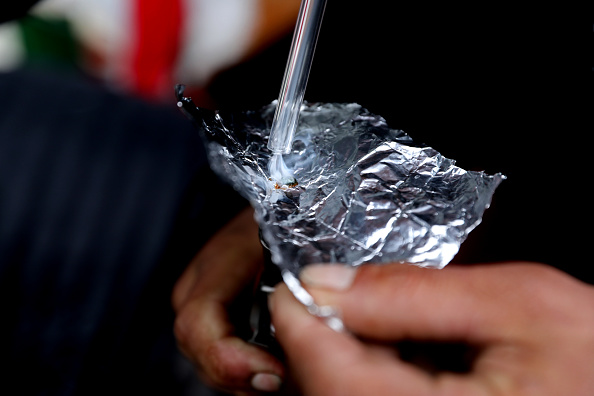San Francisco's health department is stocking up on tools to detect a dangerous new drug called xylazine, or tranq, that causes severe skin disease in its users and has quickly spread in other parts of the country.
The Department of Public Health told The Standard that it intends to purchase test strips that can detect the emerging drug while piloting other methods of surveilling changes in the city's drug supply.
The local emergence of the tranquilizer has raised concerns among experts due to its tendency to cause severe skin ulcerations in its users, who may sleep for 12 hours and exhibit symptoms resembling an opioid overdose. Because it's not an opioid, the drug is also resistant to the opioid antidote, Narcan, also known as naloxone.
Four people died after using tranq in combination with fentanyl in December, according to the SF Medical Examiner's Office. It's not clear whether the victims knew they were using xylazine.
The department didn’t specify where it plans to purchase the test strips, but a study recently found that strips manufactured by the company BTNX can detect the drug with a 91% accuracy rate.
The health department said they haven't seen examples of the bodily sores that are commonly associated with sustained xylazine use in San Francisco, leading officials to believe that the drug is still not widely prevalent in the city.
Bob Beris, acting special agent in charge of the Northern California Drug Enforcement Administration, said that it's detected an increase in xylazine in the local fentanyl supply, particularly in Oakland. The agency hasn't found the drug being sold on its own, however.
The health department said that it's closely monitoring the situation, looking to East Coast cities that have seen a dramatic surge in xylazine as examples of how the drug could spread.
"The safest option is not to use drugs," the health department said in a statement. "But if drugs are to be used, people should take universal precautions, including not using alone, using a small test dose and having naloxone available."
